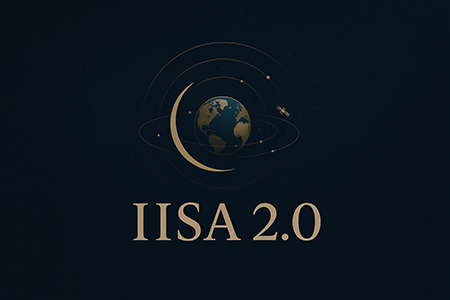In the past two week the Islamic state (IS) has carried out or inspired spate of bombings across the Islamic world and recently in the west. These include the most powerful (in terms of causalities and fatalities) i.e. Iraq, most brutal (i.e. in Bangladesh) the most unexpected (i.e. in Saudi Arabia, particularly in the holy city of Medina) and very recently in NIce.
Having carried out or inspired global bombing campaign, including high profile targets i.e. Brussels, Paris and the US, what does the new spate of bombing say about the evolution of IS strategy? How do we make sense of senseless targeting particularly those of Muslim holy places? And what does the IS aims to achieve from it? These are some of the burning questions left unanswered. And finally what can be further expected from the organisation?
It may be too simple to brush aside these campaign as the ‘last roar of a dying tiger’. The conventional wisdom suggests that the group is becoming weak, losing territory and facing onslaught from multiple sides; hence it is breaking out and carrying out strike elsewhere. While some of it may be true and could be a factor in the recent attacks; it is not the only alternative explanation.
To start with the simple factor of strategy: it is in itself never stagnant. Workable strategies always evolve. They are not set in stone. IS, which appears to have good military/militant strategists have evolved its strategy as it goes further into establishing its state or defending it. The key slogan of the group ‘Dawla Baqiya’ (which roughly reads as the state that continues), is a rally point for its cadre. Dawla Baqiya does not have to have stable borders or even borders for that matters. As long as its ideology of neo-Jihadism is intact (to read more about neo-Jihadism please visit our page: http://iisa.org.uk/neo-jihadism/ ) and as long as the group can pull people to its cause; the State continues. Given the overwhelming sectarian nature of victory in Falluja and earlier on in Ramadi and the rest of Iraq – rest assured – the ideology and the people are not going anywhere! Neo-Jihadism is essentially the evolution of Jihadism since 9/11. What remains to be seen is if there would be an ‘evolution of the evolution’? Would neo-Jihadism and its traits that define the IS evolve into something else? Among other things IISA is looking into this phenomenon. As it is work in progress we do not have a definitive answer yet. But we do know that it is possible that some fundamental tenets of neo-Jihadism are evolving.
Secondly, groups like IS thrive on instability. The longer there is a sense of instability across the globe the better it serves their purposes. The spate of bombings and attacks fit into that strategy. What the group is trying to do is send a message, that it isn’t just Syria and Iraq that is unstable but the rest of the world too. Retrospectively, it is also asserting that it has the capability to create the sense of instability (if not instability par excellence), as and when it chooses to.
Thirdly, the group while on back foot, has to demonstrate to its own hard-core cadres that it is still a potent force which is able to inflict damage to those who seek to harm its territories. It should be noted that in situations like this, the main audience for such momentous attacks is the ‘home audience’ (IS Jihadists). Essentially, If the group cannot maintain an aura of ‘invincibility’ it must replace it with vengeance.
Fourthly, while the leader of the Islamic world have combined in anger against the groups bombing in one of the most sacred places of Islam; they’re simply missing the point. IS or its inspired bomber did not detonate themselves amongst the pilgrims, they specifically chose security guards. IS isn’t making enemies here amongst Muslims, with a senseless bombing; it is delivering a specific message; those who claim to run the sacred sites of Islam, are unable and unqualified to protect it.
Finally, what does the recent bombing and attack campaign say for the future of the group and its strategy; part of this question is already answered in our most recent Annual Strategic Brief/Ibn Khaldun paper (http://iisa.org.uk/ibn-khaldun-paper-series/2016/06/annual-strategic-brief-2016-geopolitics-in-the-middle-east/). Despite a full on assault on the IS in Iraq, Syria and Libya, the group will not be destroyed in 2016. Its territory will surely diminish but its appeal will not. The group operates in a broken Middle East (broken on identity, ethnic, sectarian and power struggle lines). While the symptom continues and the region remains broken (which may be for a while), a complete and desired destruction of the group is a fool’s dream!
IS will continue with the element of surprise in its bombing and attack strategy (as the attacks in NIce demonstrate). By doing so it will highlight its global outreach, its military capability and its awe of vengeance.

